
Hot Button Marketing
Push the Emotional Buttons That Get People to Buy
Recommendation
When you combine basic human emotions and motivations with modern advertising and marketing, you get powerful sales messages, like the hundreds of pitches that hit most consumers every day. Most people in authority use psychological triggers to motivate others, conduct business successfully or get things done. Now, you can put this powerful force to work as you sell. Barry Feig brings you into the promotional strategies used by government and university think tanks, business firms and Madison Avenue. He devotes a chapter to each of the 16 “hot buttons” that motivate your customers, and he clearly explains the psychological dynamics of promoting your goods to them. Because of its plentiful examples, his book is a quick, entertaining read. If you want to know how to detect the real reasons customers might buy from you, so that you can sell to them, getAbstract recommends Feig’s marketing lessons.
Summary
About the Author
Barry Feig, an expert “consumer behaviorist,” founded The Center for Product Success and previously owned two advertising agencies. He has written more than 100 articles for publications such as Advertising Age and American Demographics.









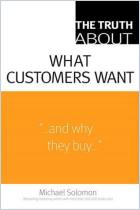
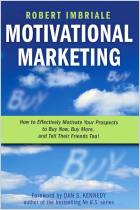
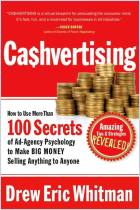
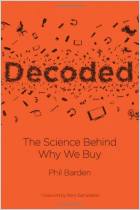
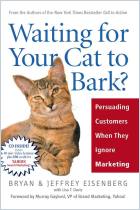
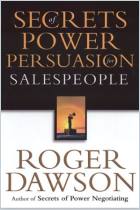


Comment on this summary or Iniciar a Discussão